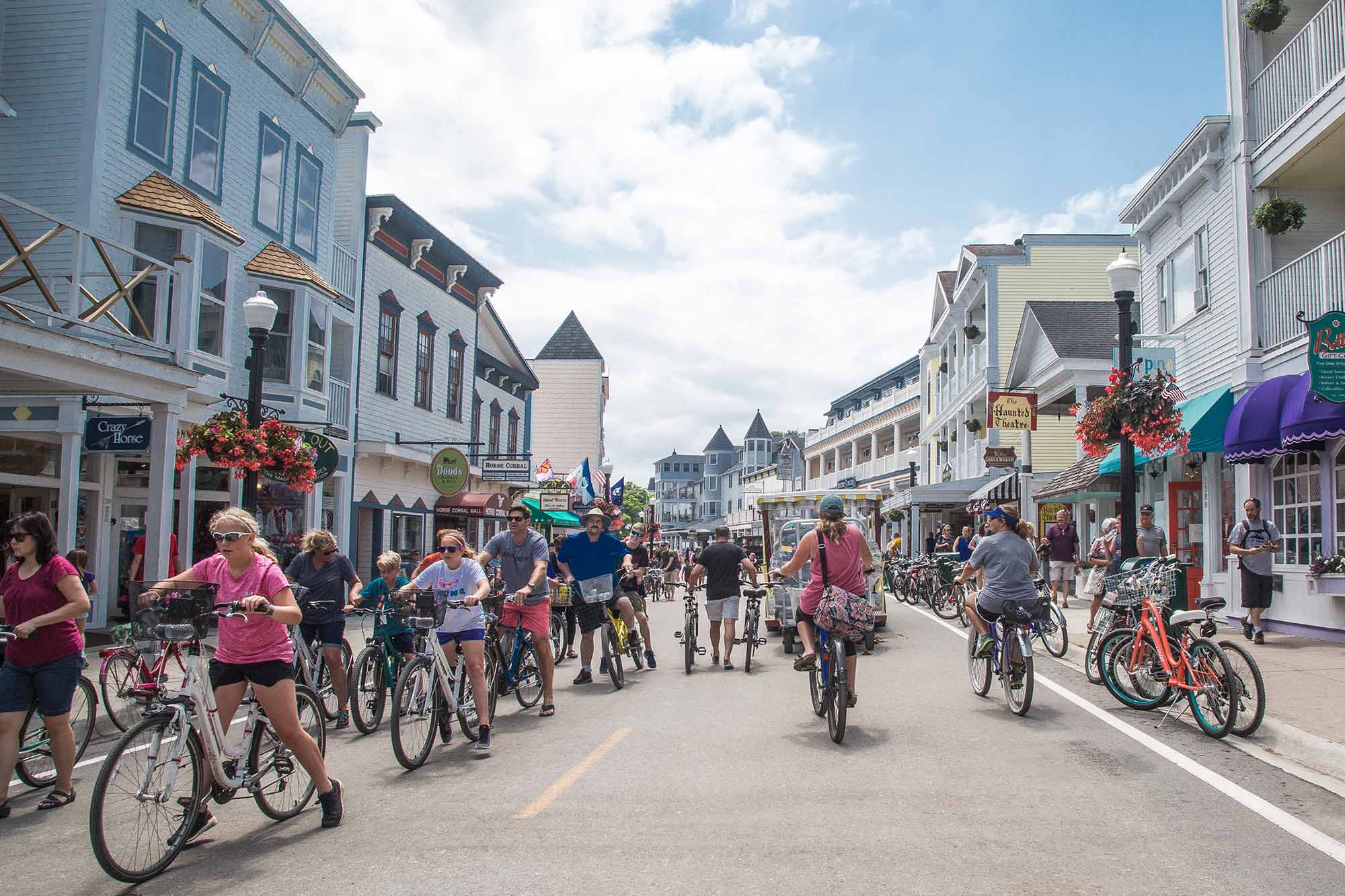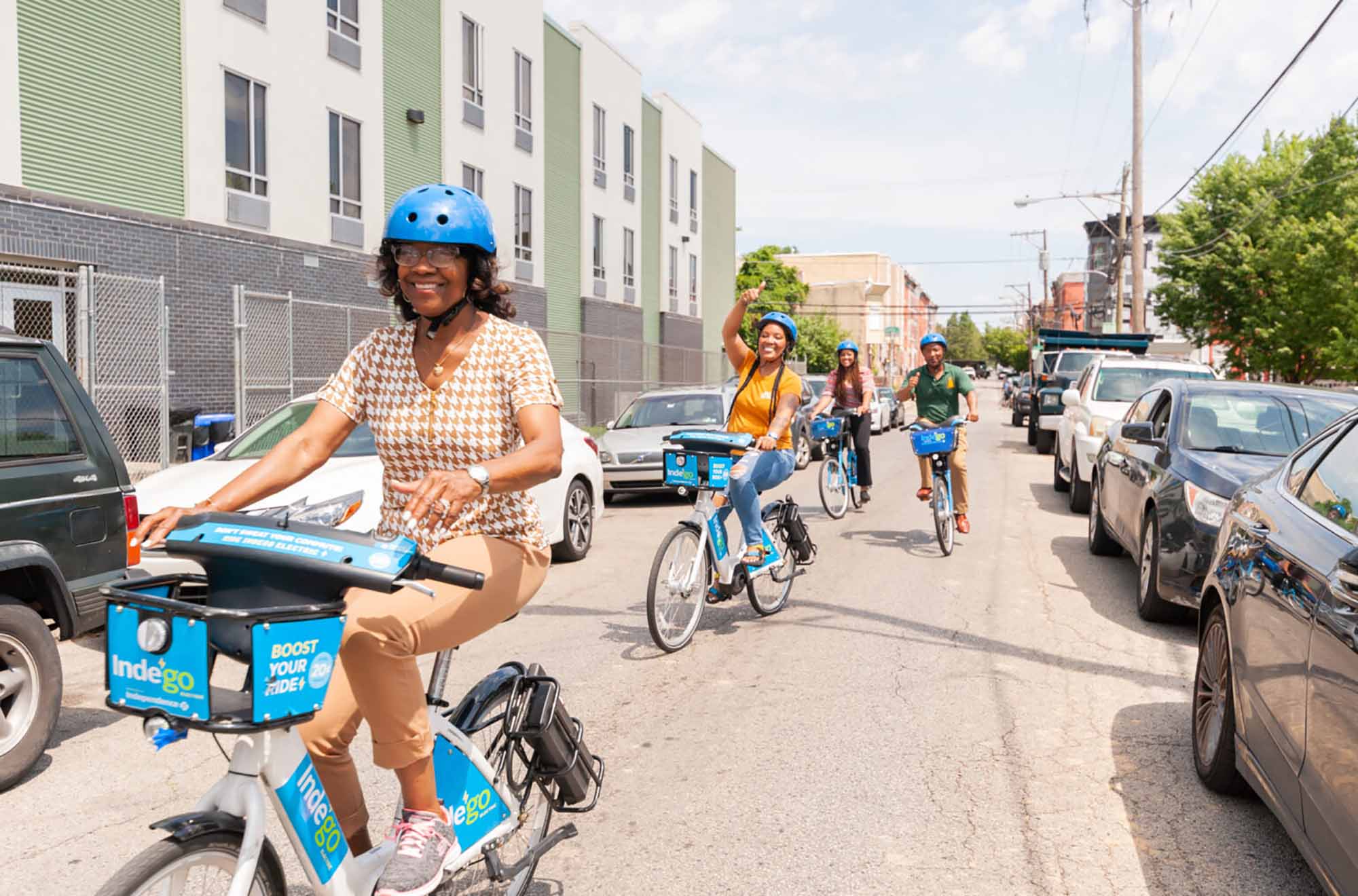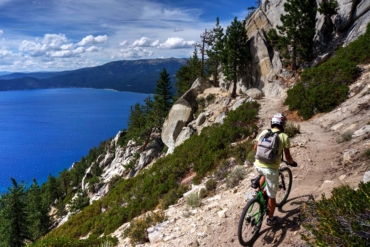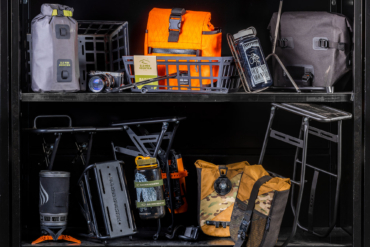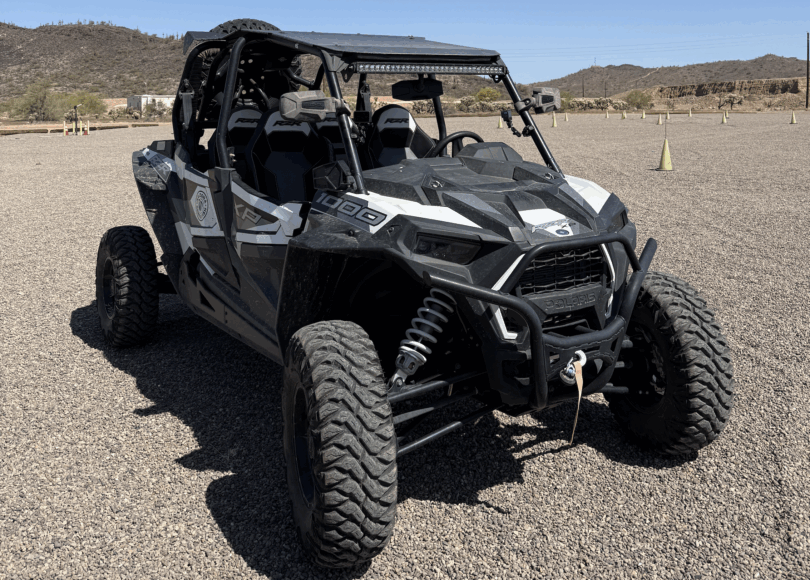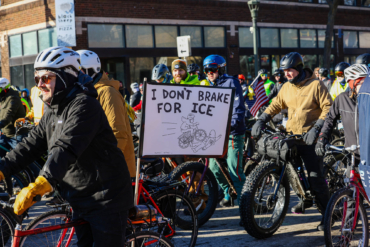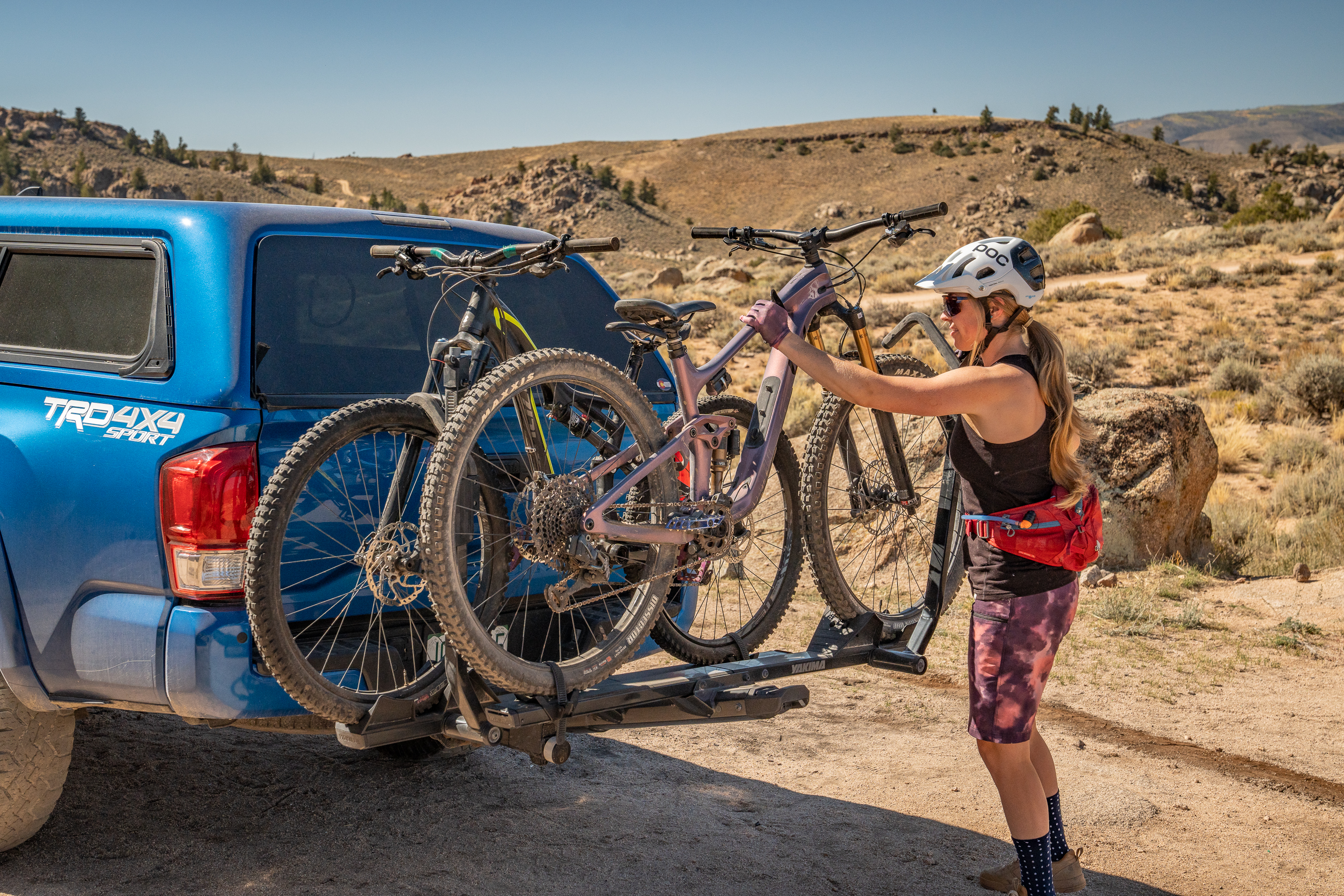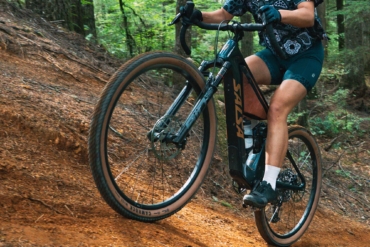Ready for some good news? America is becoming a better place to ride your bike.
That’s one of the main thrusts of PeopleForBike’s annual report on the most bike-friendly cities in the United States. The 2024 ranking of cities by “bikeability” again gives Davis, Calif., and Minneapolis, the top spots for medium and large cities, respectively. But last year’s winner in the small town category (Provincetown, Mass.) was edged out by the equally photogenic Mackinac Island, Mich.
If you love your bike, you’ll enjoy perusing this list to see how your town stacks up. PeopleForBikes adds more cities to its rankings every year, with more than 2,300 U.S. cities included this go-round. That’s a big leap from the 1,484 cities rated for the Best Biking Cities of 2023.
But perhaps most encouraging is simply watching the uptick of cities that have leveled up their biking infrastructure. In 2019, just 33 cities received a score of 50 or higher (on a scale of 0 to 100). This year, the number of cities in that category reached 183.
Best Cycling Cities 2024: Top Picks
According to the nonprofit, a city with a score of at least 50 is a great place to bike. The nonprofit’s researchers also look at six factors represented by the acronym SPRINT: safe speeds, protected bike lanes, reallocated space for biking and walking, intersection treatments, network connections, and trusted data.
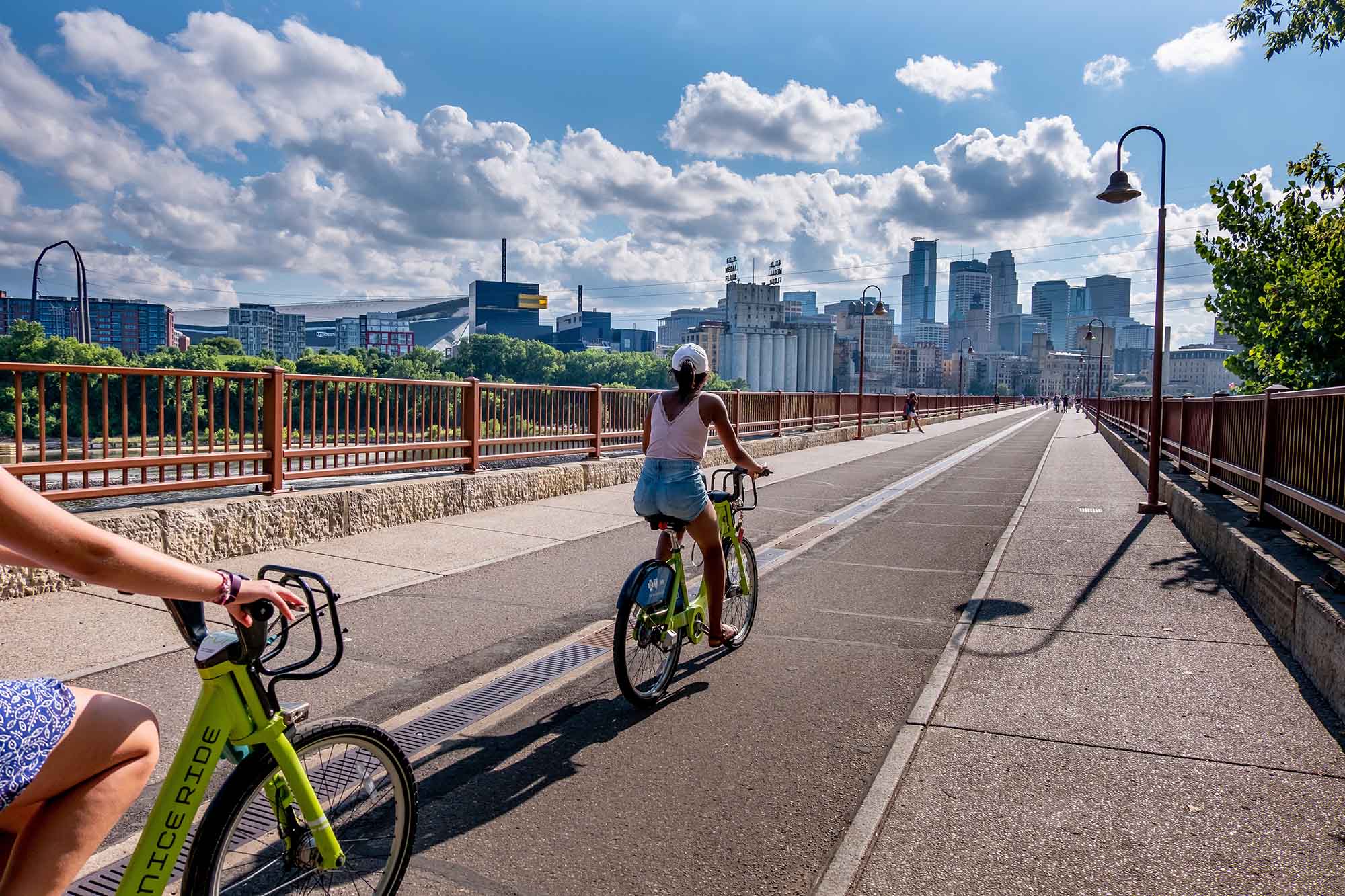
Large Cities (>300,000 Population)
- Minneapolis, Minnesota: 71
- Seattle, Washington: 65
- San Francisco, California: 64
- St. Paul, Minnesota: 61
- Portland, Oregon: 59
- Philadelphia, Pennsylvania: 58
- New York City, New York: 56
- Arlington, Virginia: 53
- Washington, D.C.: 46
- Denver, Colorado: 46
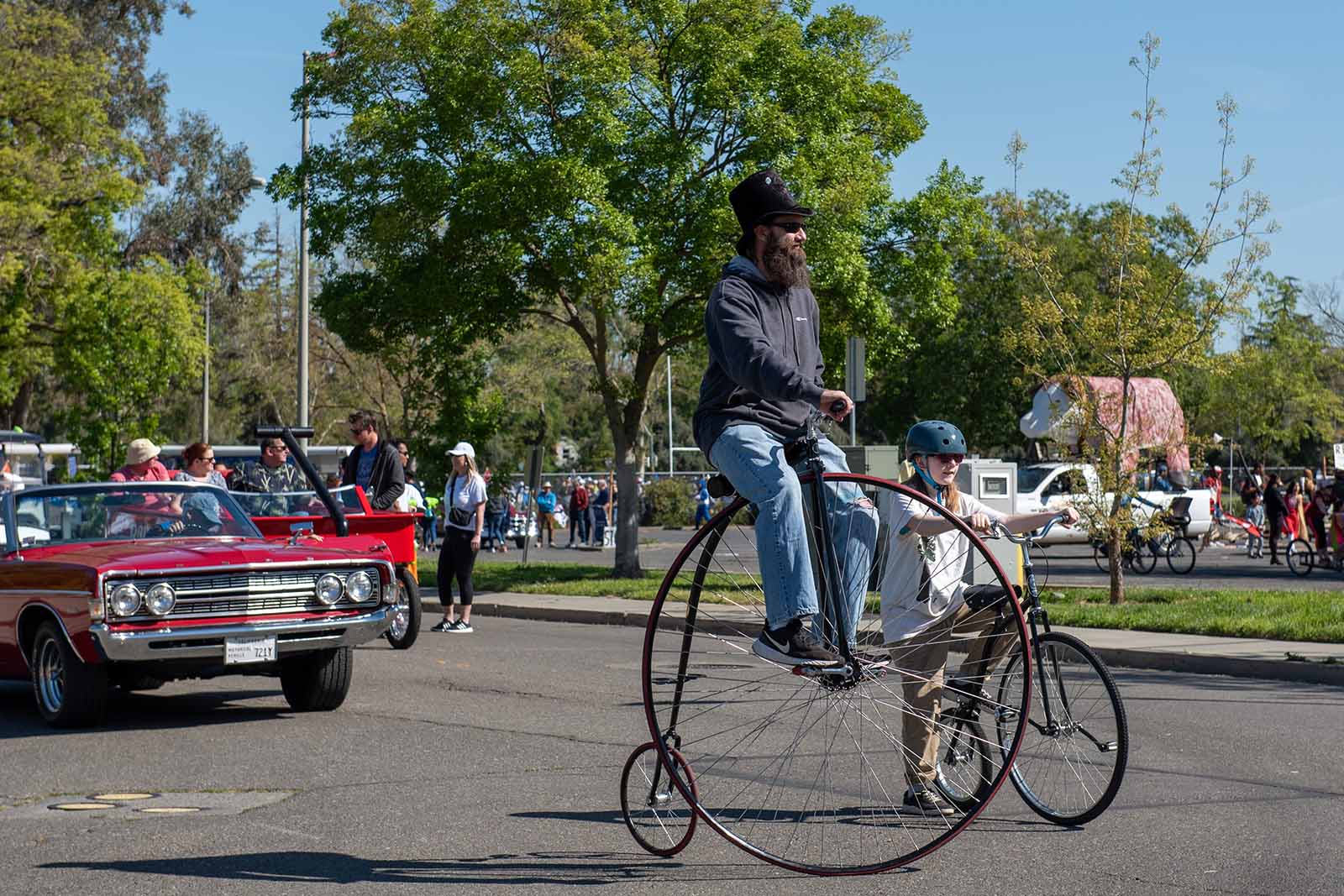
Medium Cities (50,000-300,000 Population)
- Davis, California: 78
- Cambridge, Massachusetts: 72
- Berkeley, California: 71
- Boulder, Colorado: 70
- Corvallis, Oregon: 70
- Ankeny, Iowa: 70
- Ames, Iowa: 66
- Anchorage, Alaska: 64
- Hoboken, New Jersey: 62
- Grand Forks, North Dakota: 61
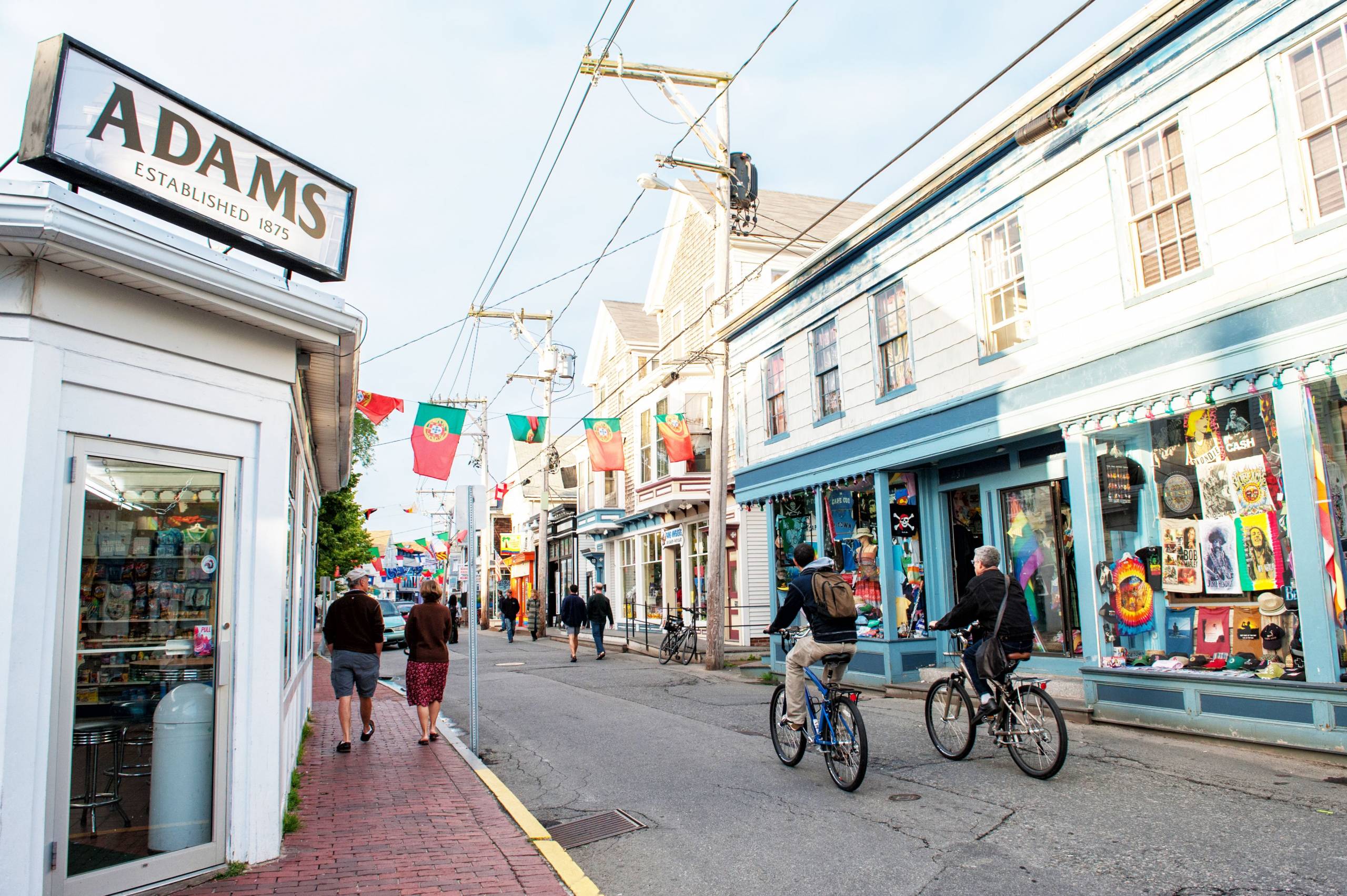
Small Cities (<50,000 Population)
- Mackinac Island, Michigan: 99
- Provincetown, Massachusetts: 96
- Harbor Springs, Michigan: 92
- Springdale, Utah: 89
- Washburn, Wisconsin: 89
- Fort Yates, North Dakota: 88
- Crested Butte, Colorado: 87
- Blue Diamond, Nevada: 85
- Murdock, Nebraska: 84
- Sewanee, Tennessee: 83
Biking Cities on the Rise
The researchers at PeopleForBikes don’t just rank every city against one another. They also note cities committed to the long process of changing their infrastructure to accommodate more cycling.
The nonprofit points to several cities that have made notable efforts in the last few years. That begins with Madison, Wisc., where city officials have invested in connecting the city’s bike network to make street hazards like underpasses safer.
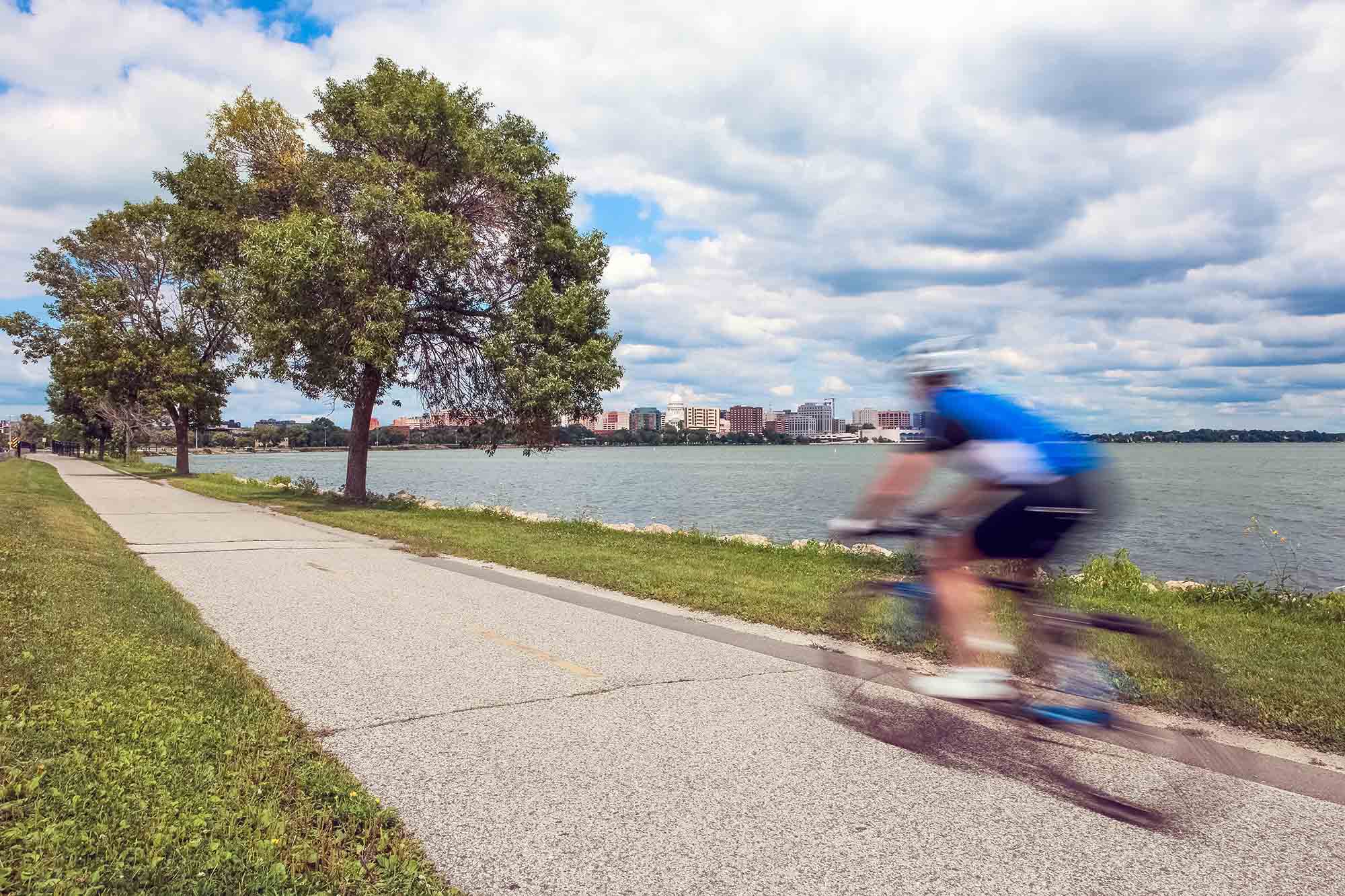
Other examples include:
- Ames, Iowa: The city’s Capital Improvements Plan includes a whopping 10% of the total budget earmarked for new bike facilities each year.
- Austin, Texas: Voters approved $460 million in 2020 for transportation infrastructure. With help from PeopleForBikes’ Final Mile program, Austin built 115 miles of new bikeways in just 2 years.
- Cambridge, Mass.: In 2020, the city set a timeline to complete 25 miles of routes by 2026. In 2019, Cambridge passed a Cycling Safety Ordinance, the first law in the nation to mandate the creation of safe biking routes.
- Salt Lake City, Utah: In addition to building new walking and biking trails, the city council also approved an ordinance lowering local speed limits from 25 to 20 mph, thanks to the efforts of Sweet Streets, a local advocacy group that created the “20 Is Plenty” campaign.
“By documenting annual improvements in the quality of cities’ low-stress bike networks through City Ratings, we help decision makers prioritize critical projects like protected bike lanes and shared use paths and the policies behind them,” said Martina Haggerty, senior director of local innovation at PeopleForBikes.
